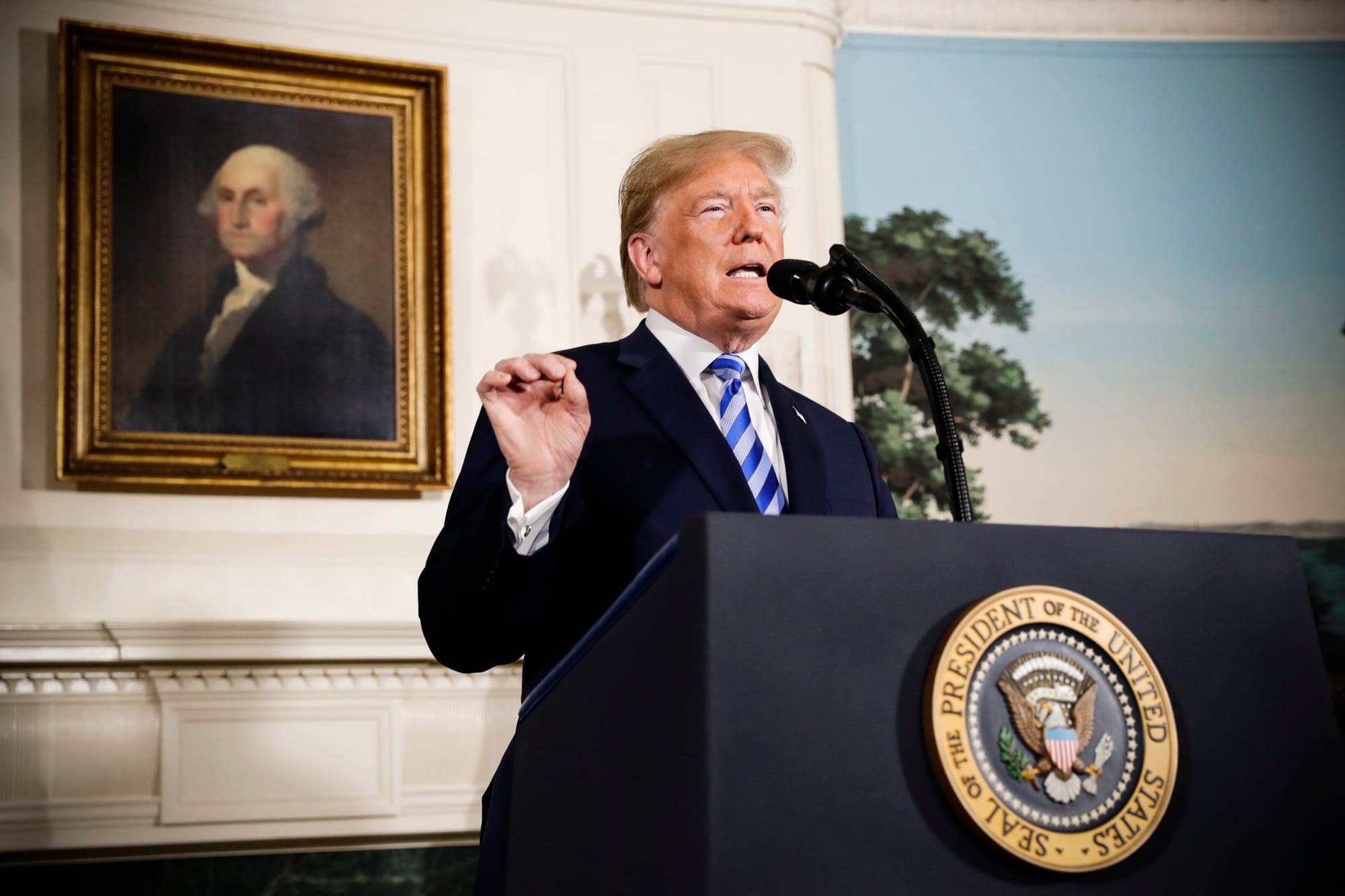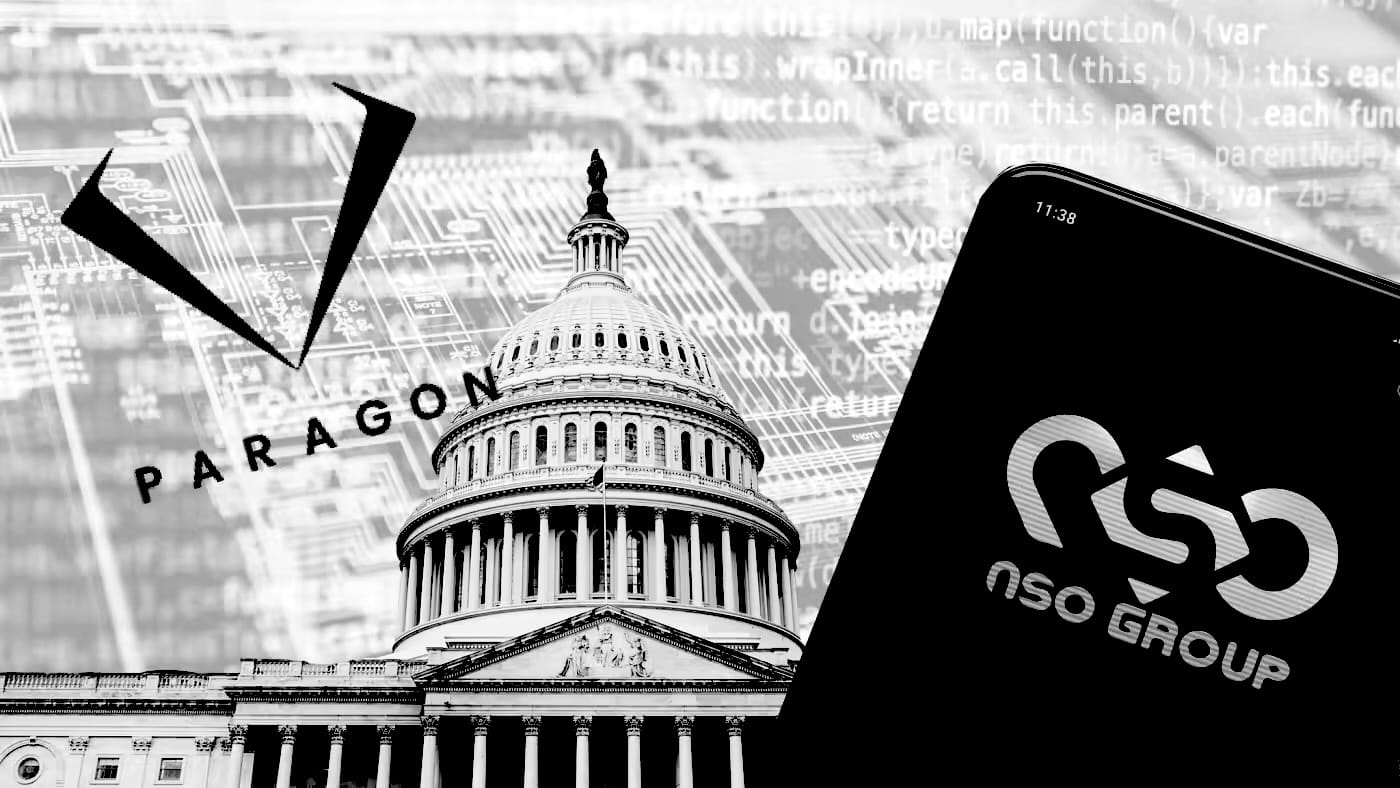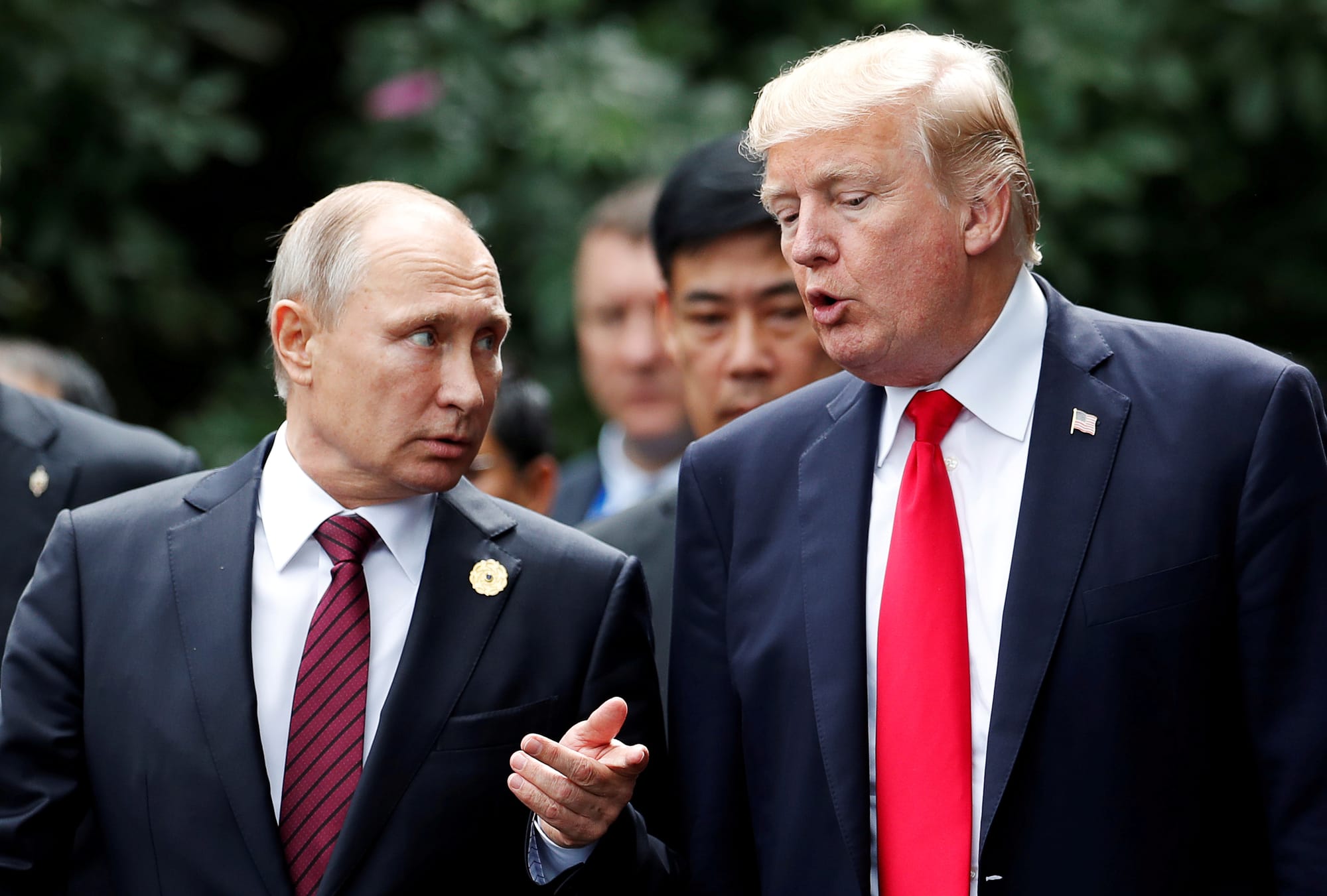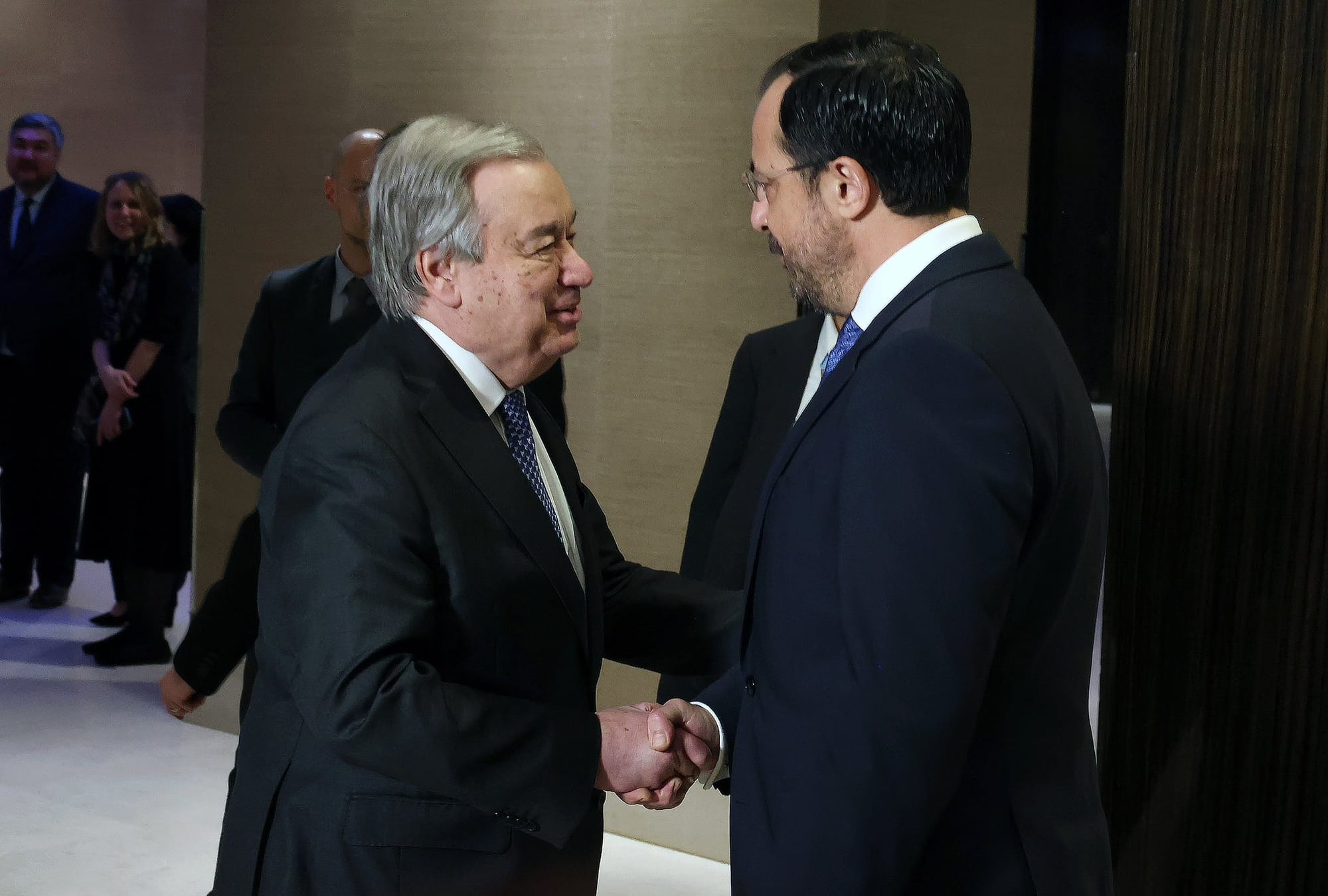Situation Report
A significant security breach has rocked the Trump administration after sensitive military plans for airstrikes in Yemen were inadvertently shared with Jeffrey Goldberg, editor-in-chief of The Atlantic. The incident occurred through a Signal group chat named "Houthi PC Small Group," which included high-ranking officials such as Defense Secretary Pete Hegseth, National Security Adviser Mike Waltz, Vice President JD Vance, and Secretary of State Marco Rubio.
The leaked messages contained operational details about forthcoming strikes on Houthi-controlled areas in Yemen, including target locations, weaponry to be deployed, and attack sequencing. Just two hours after Goldberg received the information on March 15, the U.S. military began launching coordinated strikes against Houthi positions. While it remains unclear whether the information was classified, national security experts have expressed outrage over the use of an unclassified platform like Signal for such discussions.
President Donald Trump addressed the controversy during a press conference on March 24, claiming he had no knowledge of the incident until questioned by reporters. “I don’t know anything about it,” he said before dismissing The Atlantic as “not much of a magazine.” This response has drawn criticism for its lack of accountability and failure to address broader concerns about operational security under his leadership.
The National Security Council confirmed the authenticity of the Signal chat and announced an investigation into how Goldberg’s number was added to the group. NSC spokesperson Brian Hughes described the breach as “inadvertent” and emphasized that there were no immediate threats to U.S. servicemembers or national security resulting from the leak.
Defense Secretary Pete Hegseth has faced particular scrutiny for his role in the mishap. His office had recently announced measures to crack down on leaks of sensitive information, including potential polygraph tests for defense personnel. Critics argue that this incident undermines those efforts and highlights systemic issues within the administration's handling of classified material.
The revelation comes amid escalating U.S. involvement in Yemen’s conflict. Since November 2023, American forces have conducted airstrikes against Houthi rebels accused of targeting commercial and military vessels in the Red Sea. The conflict has heightened regional tensions, with Iran accused of backing the Houthis through arms supplies and logistical support.
National security experts have warned that this breach could have far-reaching implications for U.S. credibility and operational safety. The use of Signal—a publicly available encrypted messaging app—for discussing sensitive military operations has been widely criticized as a violation of standard protocol.
Lawmakers from both parties have called for a full investigation into the incident, with some demanding stricter safeguards to prevent future lapses. Questions remain about whether additional classified information may have been compromised during this breach.















Discussion